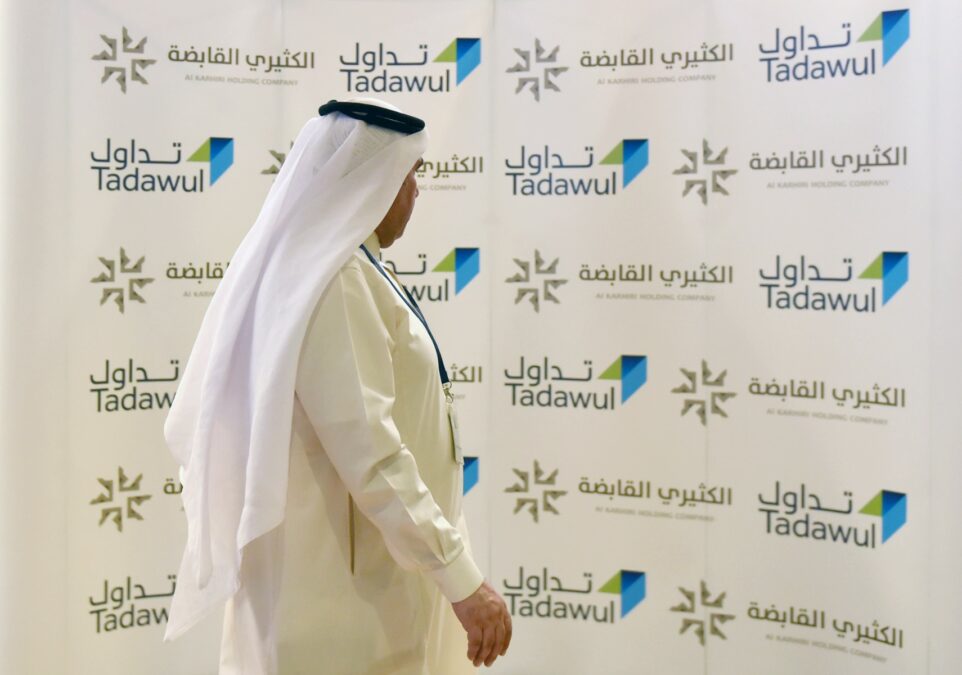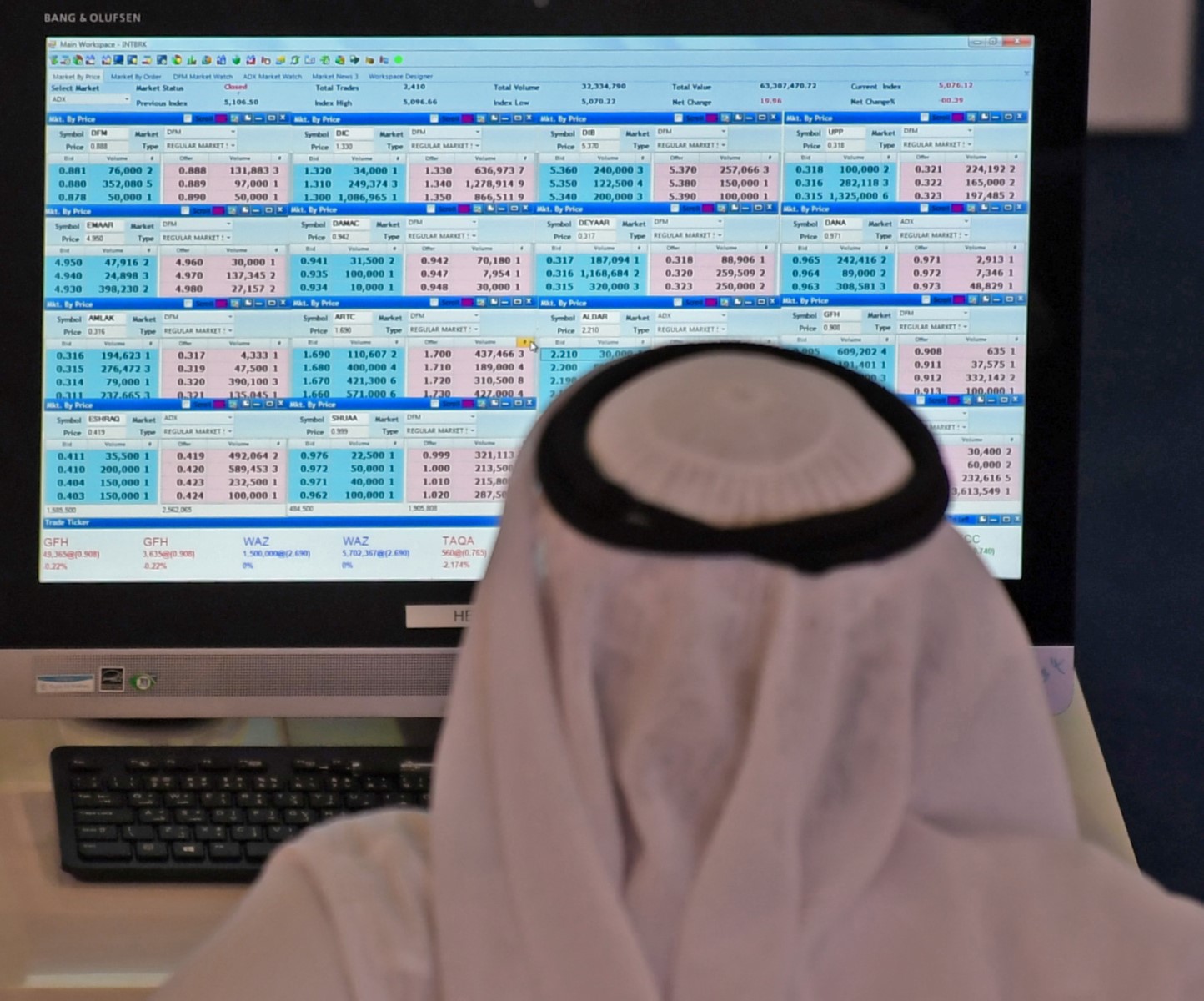RIYADH, SAUDI ARABIA — Mergers and acquisitions (M&A) within the Gulf Cooperation Council (GCC) are projected to maintain their active streak this year, following impressive growth in 2022.
Saudi Arabia has particularly stood out as an appealing market for foreign corporations interested in M&A transactions, fueled by increasing global crude oil demand, the ambitious Vision 2030, and the government’s increased focus on developing the private sector.
Gregory Garnier, Middle East Head of Bain & Company’s Private Equity and Sovereign Wealth Fund Practice, anticipates a vibrant M&A GCC scene in 2023, spurred by the momentum of 2022, similarities in driving factors, and an encouraging GDP growth of the GCC economies along with high Initial Public Offering (IPO) activity.
Market performance
The volume of M&A deals initiated by GCC acquirers in 2022 grew by 40 percent (from 236 deals in 2021 to 329 in 2022), says Garnier. He notes, “Growth has been fueled by two main types of GCC acquirers: Sovereign Wealth Funds (+ approximately 80 percent) and Corporate (+83 percent).” Moreover, deal value also increased by 47 percent (from US$ 53 billion in 2021 to US$ 79 billion in 2022).
The UAE and Saudi Arabia led the GCC in M&A transactions, with the majority of deals coming from these nations. These activities spanned various sectors, including utilities, metals and steel, telecommunications, and finance.

When juxtaposed with Europe and the US, the GCC M&A activity showcases unique dynamics, with limited private equity activity. Garnier reports that private equity activity fell by 36 percent in the first 10 months of 2022 but notes signs of renewed interest, particularly from firms gearing up for booming IPOs.
Middle Eastern Sovereign Wealth Funds play a significant and expanding role in the M&A landscape. Garnier states that these funds are part of governmental strategies to transform economies, attract foreign direct investment, stimulate domestic businesses to globalize and venture into untapped industries like renewables, media, and healthcare. Governments are also merging enterprises to foster regionally and globally competitive local players and investing in strategic deals to enhance local competencies.
Changing scenario
Digital transformation is reshaping businesses as consumer expectations in the GCC and worldwide tilt towards user-friendly experiences. Therefore, businesses must creatively consider how they might evolve their operations to stay aligned with the dynamic economy. Strategic investments in existing resources could provide a quick route to achieve this.
Simultaneously, Environmental, Social, and Governance (ESG) considerations are gaining prominence and fast becoming an investor expectation. An undeniable upward trend in ‘green’ related acquisitions over the past decade reflects this, with considerable acceleration observed in 2021.
According to the Boston Consulting Group (BCG), there has been a significant surge in green mergers and acquisitions over the past decade, with the energy and utilities sector accounting for nearly 10 percent of all M&A activity in the Middle East in 2021, marking a 98 percent increase from the previous two years.
BCG’s research indicates that green deals worldwide typically generate more value than non-green deals upon announcement and over the subsequent two years, even though they often command a substantial premium.
As the GCC becomes a global frontrunner in green initiatives impacting the region’s economy and sustainability plans, an increasing number of M&A deals across industries is expected, especially with the rising hydrogen initiatives strengthening the GCC’s leadership in this field.








